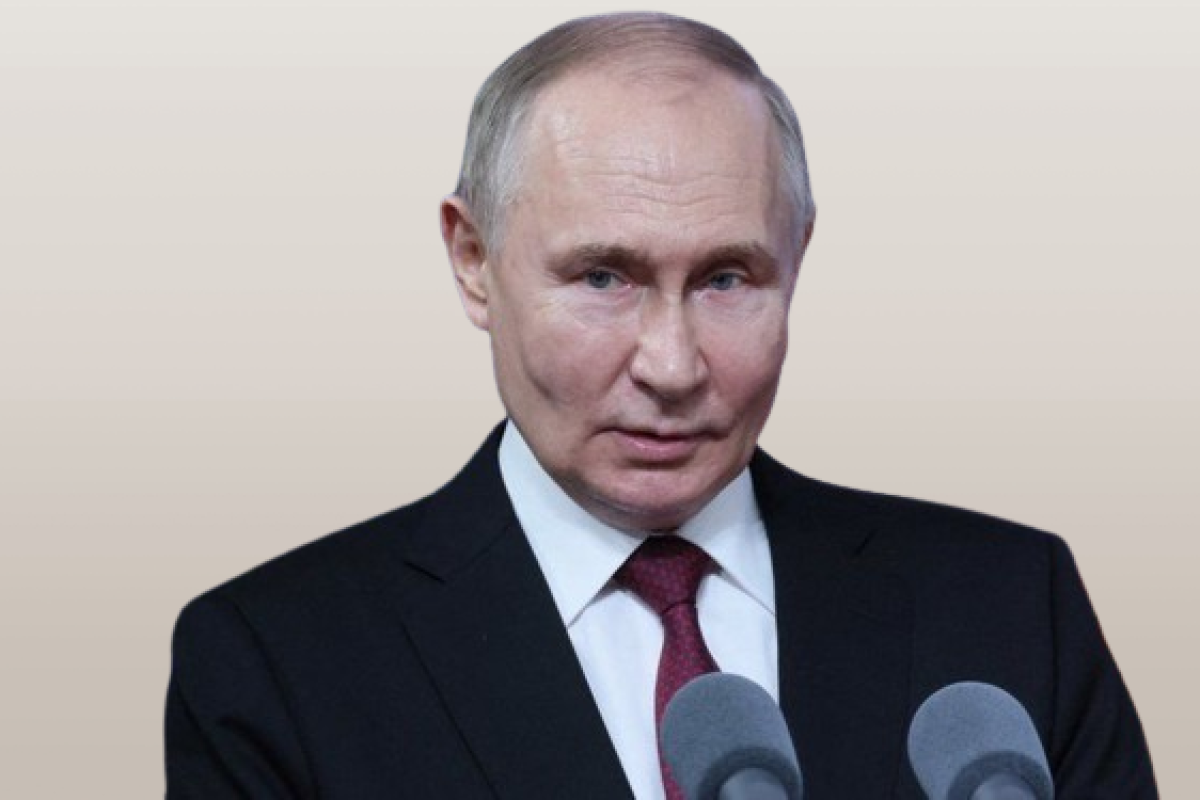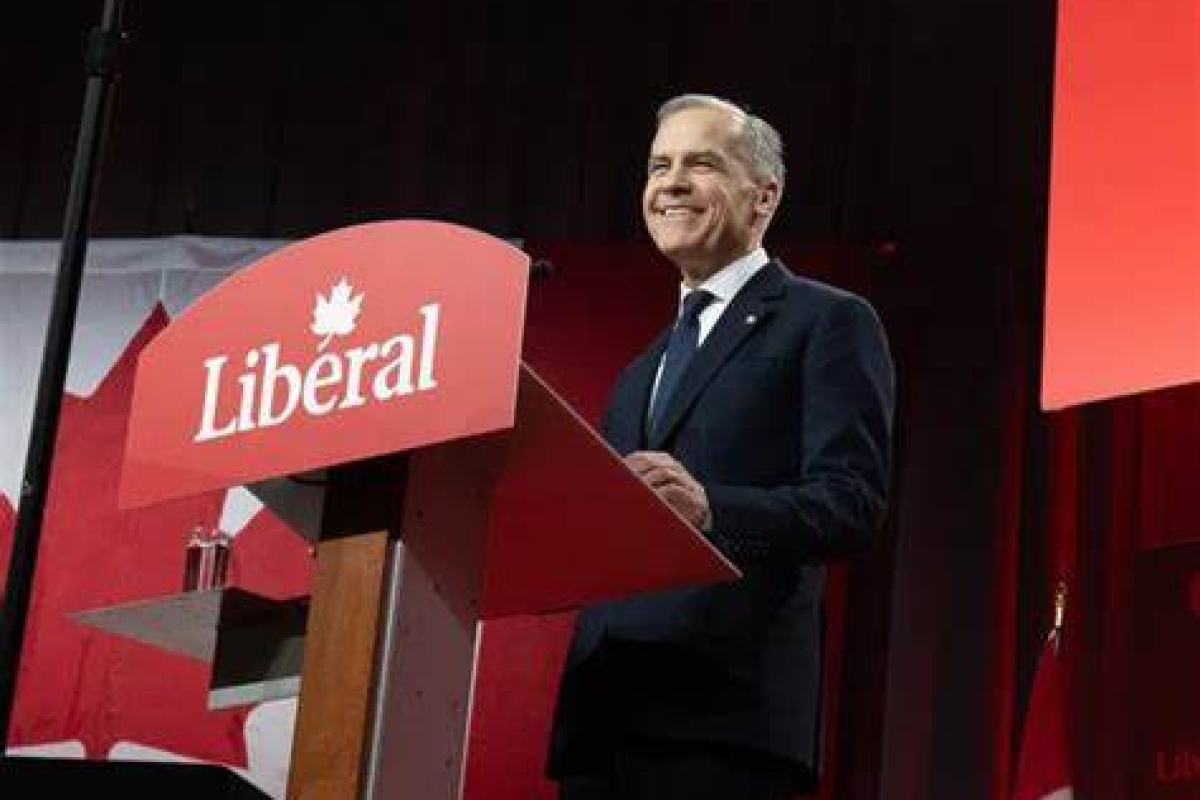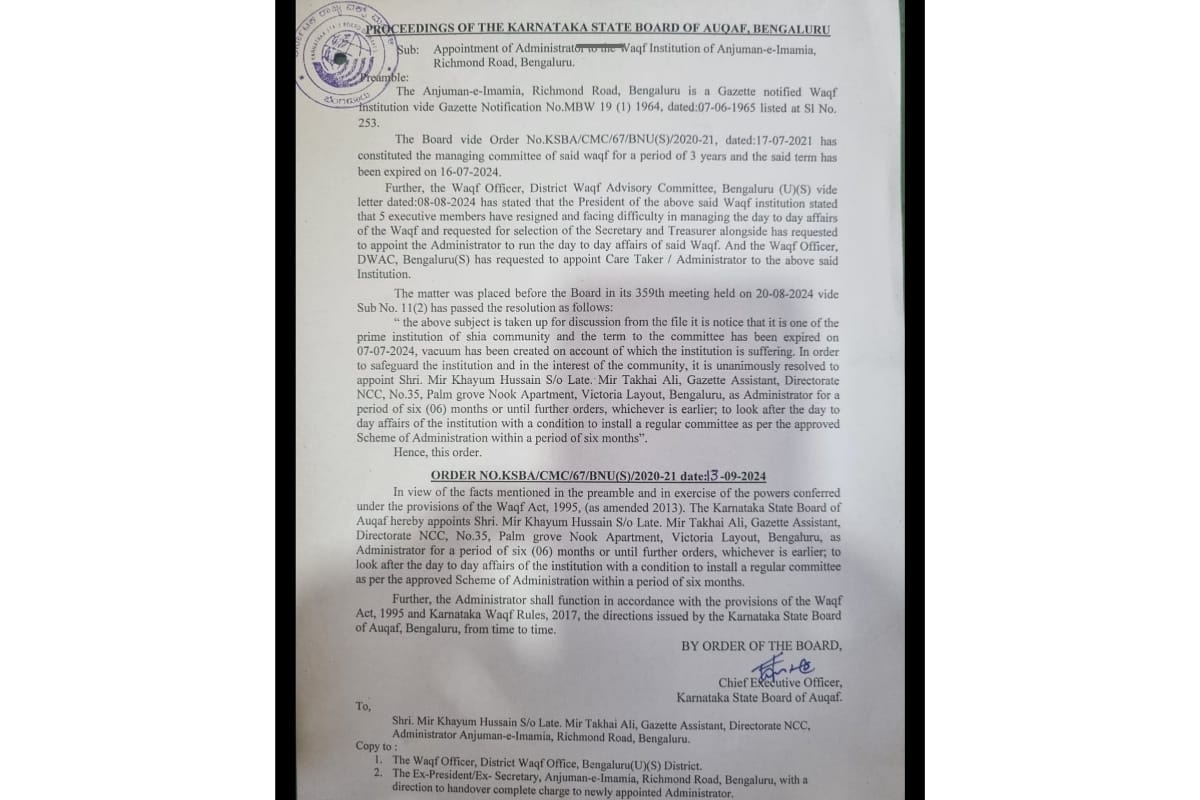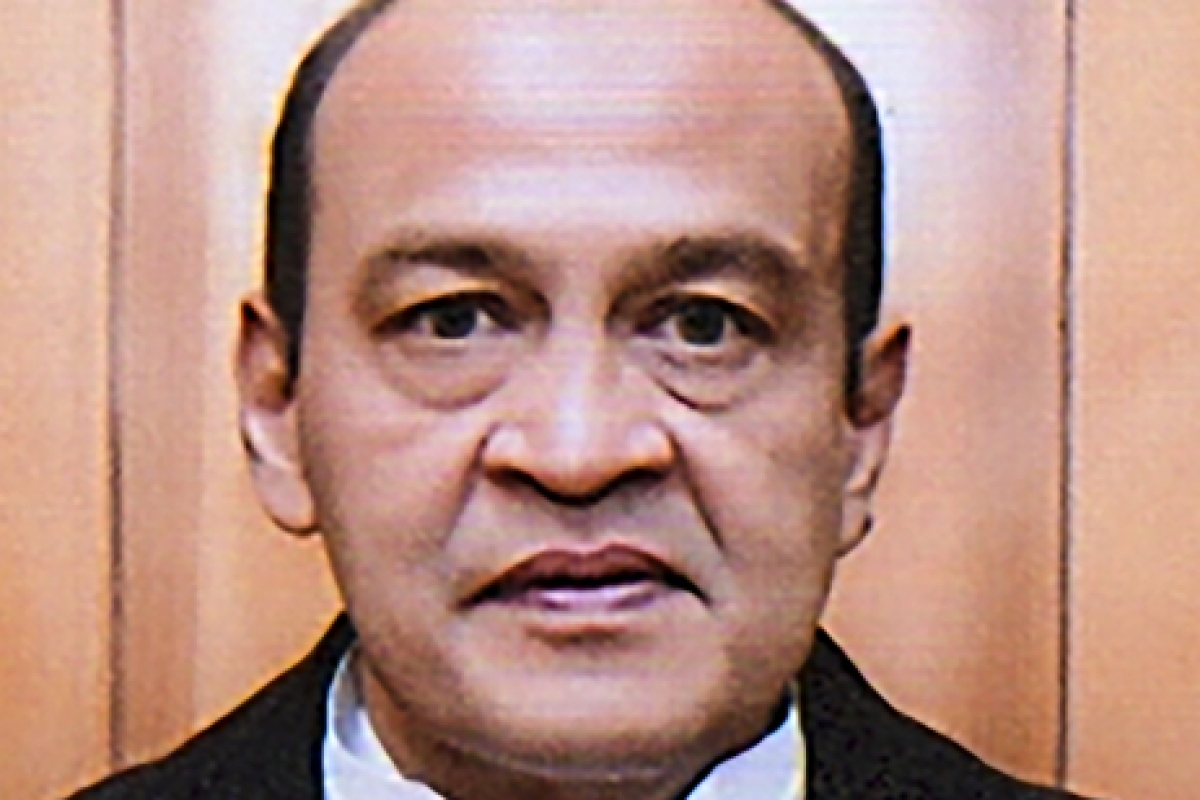Putin criticized the US tariffs on Chinese electric cars, emphasizing a quality disparity.

During his visit to China, Russian President Vladimir Putin criticized the imposition of tariffs by US authorities on Chinese-made electric vehicles (EVs), attributing it to China’s advancements in the EV sector. Putin described the move as "unfair competition," aimed at hindering strong competitors from accessing the American market. He pointed out that the tariffs were in response to the improved quality of Chinese electric cars, suggesting a pattern of suppressing emerging manufacturing powers by the US and the EU.
The US has consistently labeled China as its primary “competitor” and has intensified economic measures against the country. Recently, Washington raised tariffs on $18 billion worth of Chinese goods, including EVs, batteries, semiconductors, and other critical products. These actions follow the tariff policies initiated by former President Donald Trump, who initiated a trade war with China in 2018. President Joe Biden has continued this approach, implementing various policies targeting the Chinese economy.
In response to US actions, Chinese officials have condemned what they perceive as “economic bullying” and have implemented countermeasures, including restrictions on the export of strategic raw materials crucial for defense technologies, electronics, and clean energy. The escalating trade tensions between the US and China have raised concerns about their adverse effects on global economic growth, as highlighted by the International Monetary Fund.
Related News


















